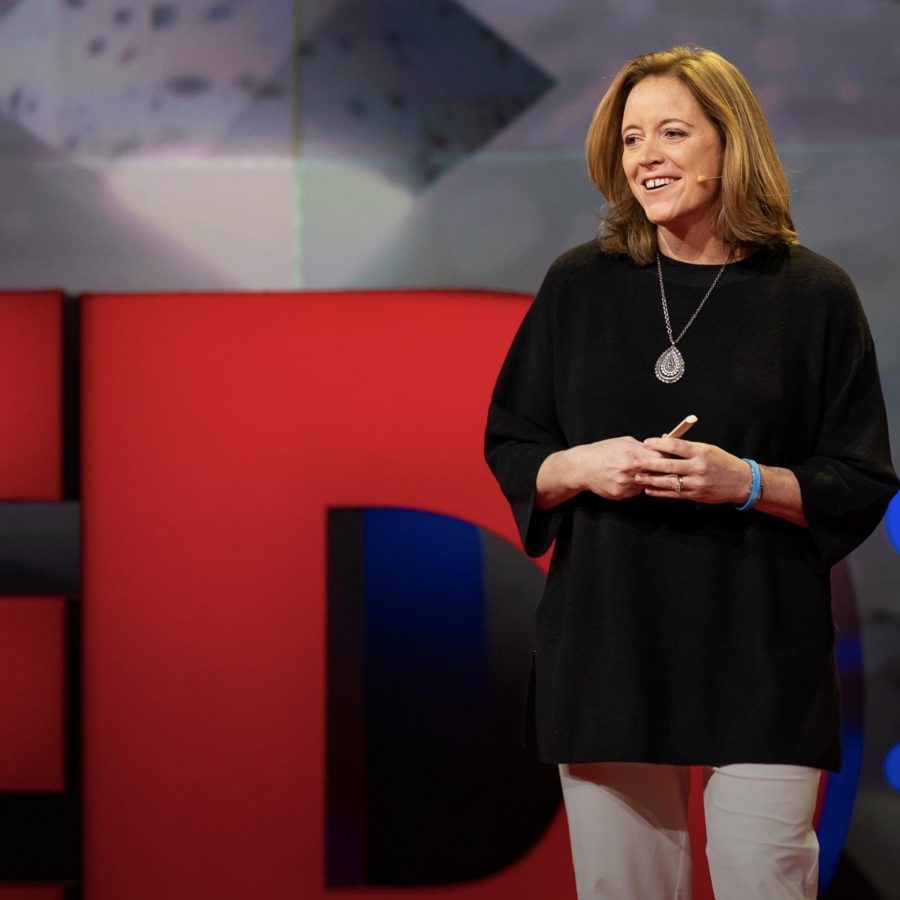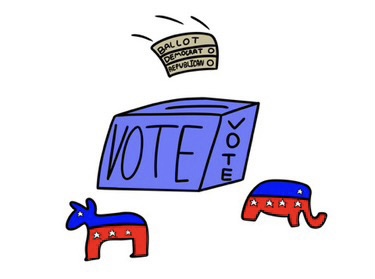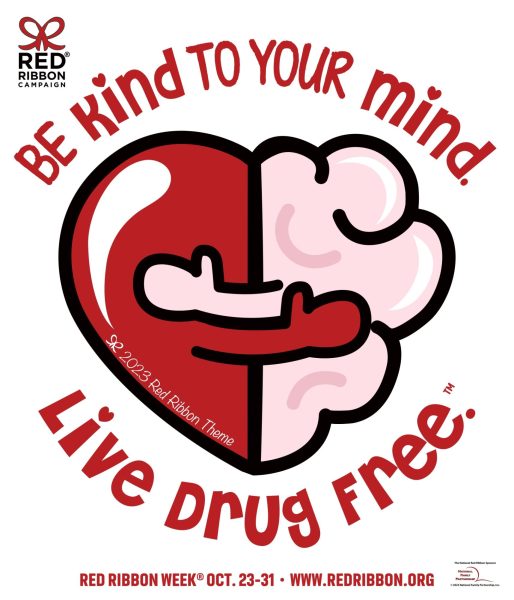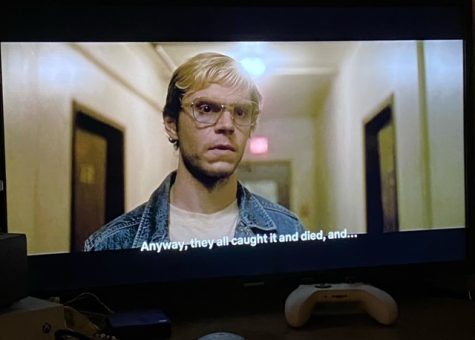Opinion: Can 36 questions really make someone fall in love?
A couple days ago, I happened to come across Mandy Len Catron’s Ted talk titled “A better way to talk about love.” Intrigued, I started watching Catron’s video, and, after a few moments, I realized why she initially seemed familiar- Catron was the author of The New York Times’ highly popular article “To Fall in Love With Anyone, Do This.” She is a writer and teacher at the University of British Columbia, who happens to give multiple talks about relationships, one of which I had watched years prior.
In the article, Catron wrote about psychologist Arthur Aron’s experiment, which used 36 probing questions to make two strangers fall in love with each other. And six months later, the two celebrated their nuptials. Upon seeing these results, Catron herself decided to do the experiment with an acquaintance of hers, and they remain married to this day.
These stories seemed incredulous to me. I was skeptical that answering a few questions could really go so far as to make someone fall in love. Love takes time, I believed, and factors like culture, values, and even something as simple as a sense of humor were limiting factors that would determine if two people were compatible. Could this experiment really make just anyone fall in love?
I decided to do some further research on the science behind Dr. Aron’s work. I found that most of his research is based on creating interpersonal closeness. Other studies support his line of thinking- thought-provoking questions like the ones asked in the experiment encourage what is known as “self-expansion.” By directly learning and discussing specific traits of a person through these questions, the couple ensures that the other recognizes each other’s strengths and even weaknesses. It successfully creates a sort of intimacy that usually would not be created under such a short time frame.
Even though Aron’s study was done more than 20 years ago, before the rise of online dating, his experiment remains relevant to many looking for relationship advice. In fact, because online dating is about learning about one another through digital messages, Aron’s work remains even more relevant to those who are hoping to create intimacy online. Part of the difficulty of online dating is finding conversation topics and keeping a conversation going as the digital divide often makes it harder to communicate than in person. The coronavirus pandemic has further increased the trend of dating apps, so much so that popular app Bumble has filed for its IPO.
And while all of our relationships can’t be as successful as Carlton’s marriage, especially with Valentine’s Day approaching, learning more about our partners or romantic interests through answering thoughtful questions certainly should be considered.
Avery Ngo is a Segerstrom senior and the editor-in-chief of The Jag Journal. She’s a book addict and enjoys every genre but sci-fi, especially fantasy,...










Brooklynn Goble • Feb 24, 2021 at 12:06 pm
Wow that sounds very interesting how 36 questions can make you fall in love. I like how you included links so we can go view the TED. Great story Avery.